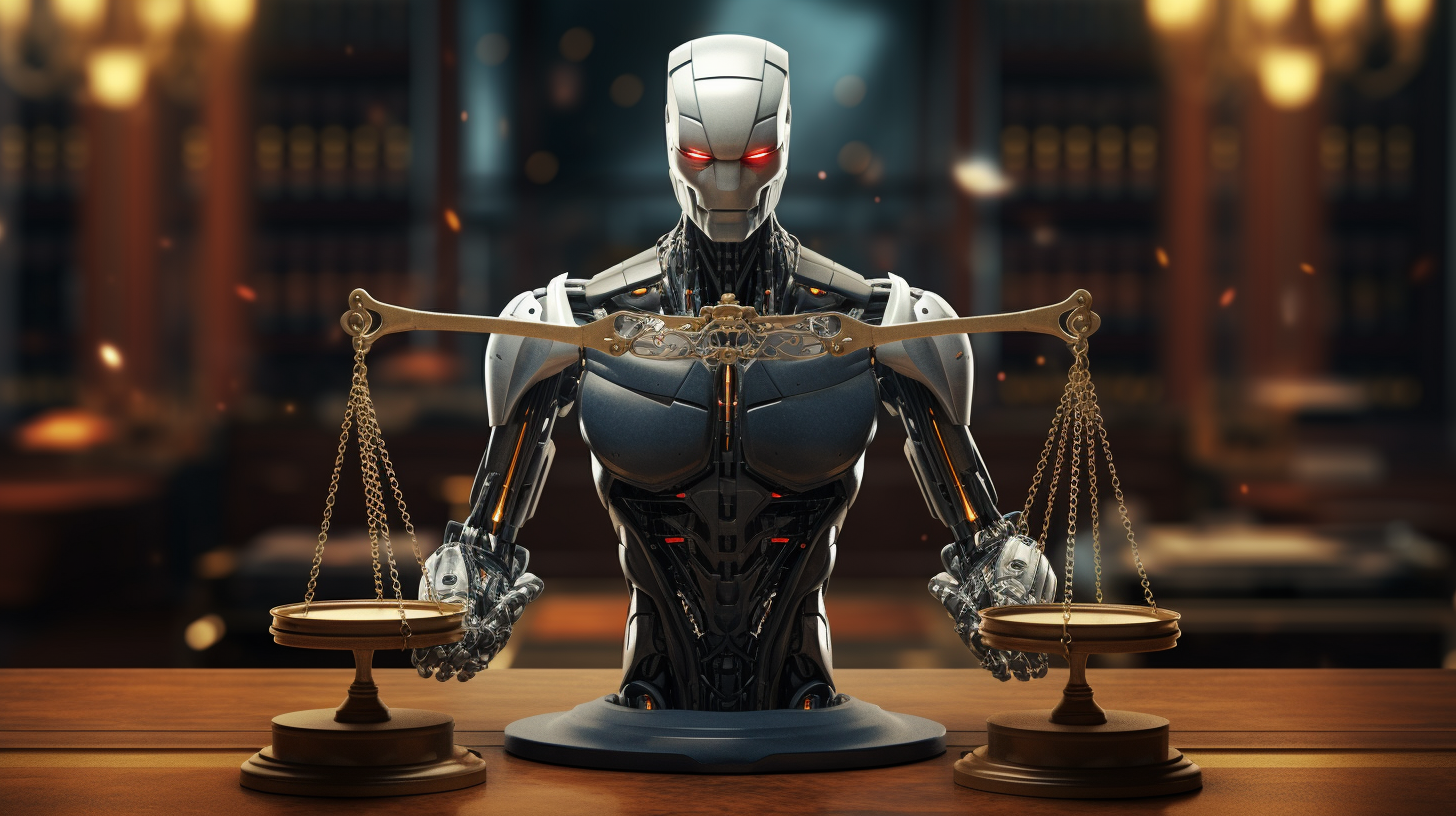
AI And The Law: Legal Implications And Considerations
You're living in an era where AI transforms every aspect of life.
But have you pondered the legal implications?
This article will help you navigate the labyrinth of data privacy issues, intellectual property rights, and liability concerns tied to AI.
You'll also get a glimpse into the role of lawmakers and the ethical dilemmas AI usage presents.
Let's dive into the captivating world of AI and the law.
Data Privacy Issues Related to AI
There's a significant concern about how AI's handling of personal data impacts our privacy rights. You're unleashing a torrent of personal data whenever you use a smart device or an application.
AI systems, designed to learn from this data, constantly process and analyze it. While this may offer convenience, it also raises serious privacy concerns. It's not just about who has access to your data but how it's used. AI algorithms can predict things you may prefer to keep private about you.
Moreover, there's the risk of data breaches where your information can fall into the wrong hands. So, you must understand these risks and take steps to protect your data.
Intellectual Property Rights in the Age of AI
In the age of sophisticated tech, it's becoming increasingly hard to navigate intellectual property rights. Imagine you've designed an AI system that creates something original. Who owns the rights? You, as the creator, or the AI, as the tool? It's a complex issue.
You must consider legislation and case law, which struggle to keep pace with technology's rapid advancement. There's no clear consensus yet, and that's causing uncertainty.
You must stay informed and prepared. Consult with a pro in intellectual property law, and protect yourself. Remember, you're not just dealing with traditional legal boundaries in this new age. It's a brave new world, and you need to be ready to adapt.
Liability Concerns with AI Technology
It's not just about who owns what anymore. We're also grappling with the issue of who's liable when technology, like self-driving cars or personal assistant devices, causes harm or damage.
You're in a world where AI is progressing at an astonishing rate, and with it, the legal complexities multiply. So, who's held accountable if a self-driving car causes a crash? Or if an AI assistant shares sensitive data? Is it the user, the manufacturer, or the AI itself?
You can see it's a legal labyrinth. This is where we're at, and legal frameworks must evolve to deal with these challenges. Remember, as AI becomes more integrated into society, the question of liability grows ever more important.
Role of Lawmakers in AI Regulation
You're looking at a task that's squarely on the shoulders of policymakers, scrutinizing and controlling advanced technology without stifling innovation. It's a tightrope act, balancing the promotion of tech advancements with the need to protect society.
You might think it's a simple case of drafting new legislation, but it's more complex. You've got to consider global implications, as AI doesn't adhere to national borders. You're also dealing with rapid technological changes, so you can't afford to lag.
Your role is crucial in setting the pace for AI development while ensuring it doesn't become a runaway train. Remember, you're not just a regulator but also a facilitator. It's your responsibility to make sure AI's benefits outweigh its risks.
Ethical Dilemmas Surrounding AI Usage
There's no downplaying the complexity of ethical issues that arise with advanced technology. As you navigate the world of AI, you're bound to encounter dilemmas.
Just consider the biases that can be built into algorithms or the privacy concerns of data collection. You've got to question, who's responsible when AI makes a mistake? What happens when AI becomes smarter than us? These aren't just theoretical questions; they're real issues you'll face in this rapidly evolving field.
Balancing the potential benefits of AI with ethical considerations isn't a simple task. But it's in your hands, as part of the tech community, to ensure these powerful tools are used responsibly.
Conclusion
So, you've delved into the legal realm of AI, exploring data privacy, intellectual property, liability, regulation, and ethics.
The intersection of AI and the law is complex and ever-evolving. Keep yourself updated, as changes in this sphere could have major implications for your interactions with AI technology.
Understanding and navigating these challenges is crucial in our increasingly digital world.